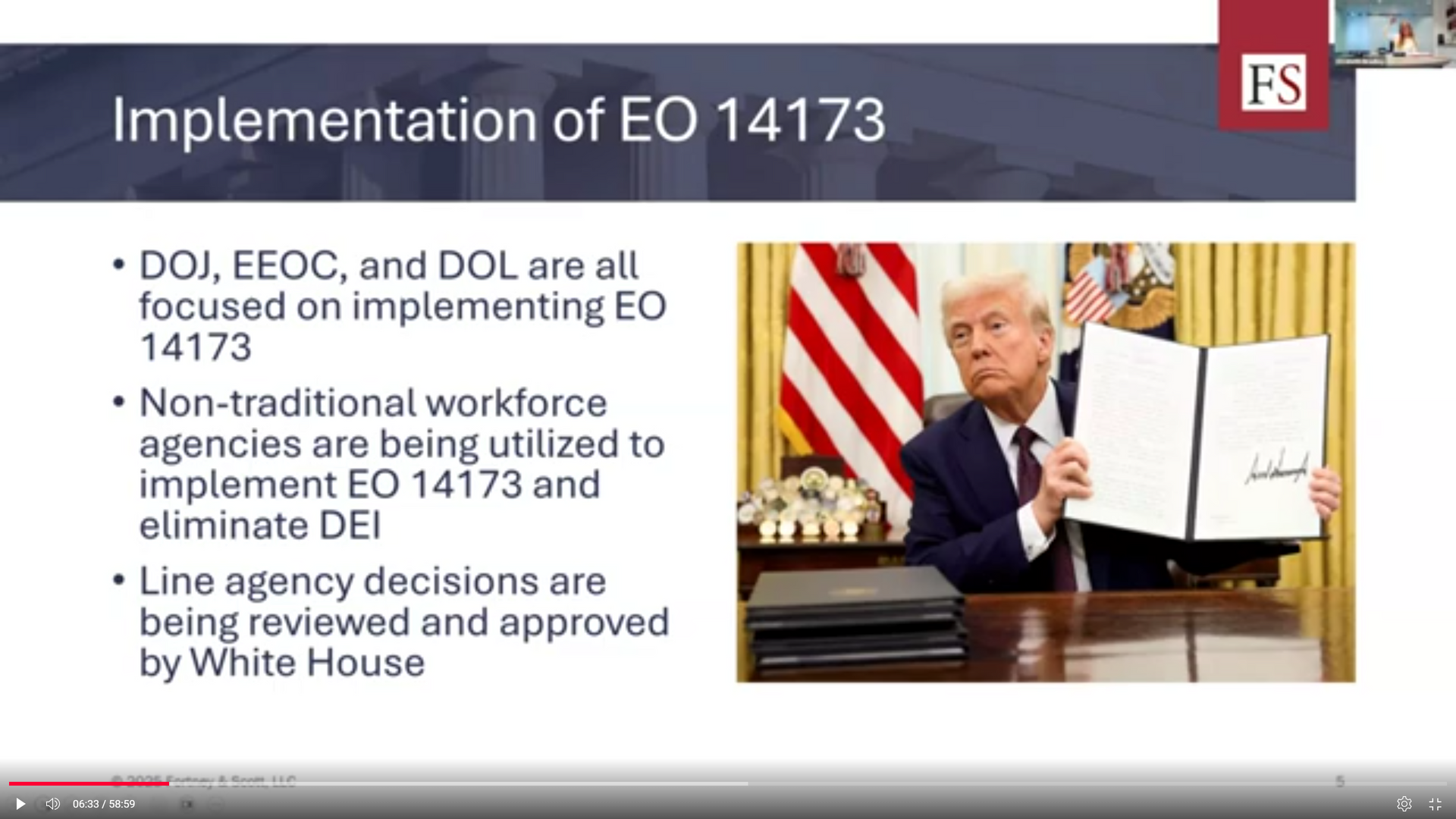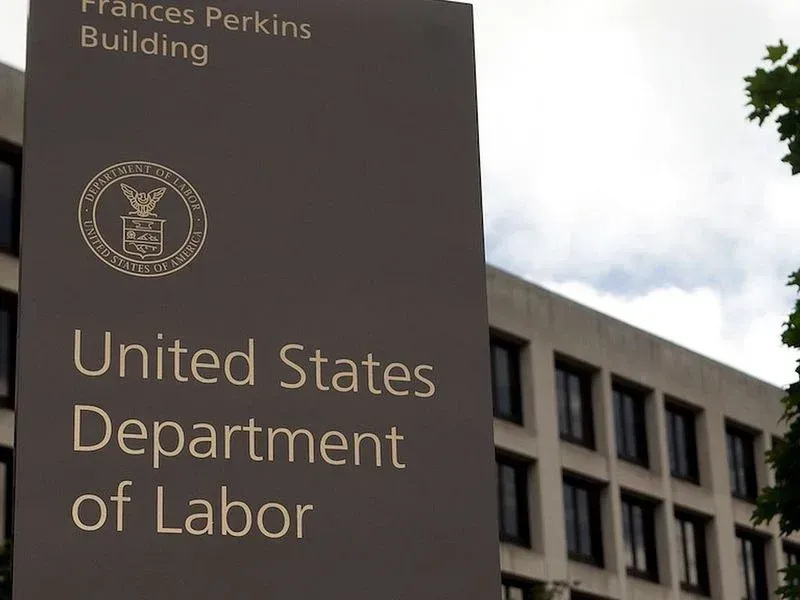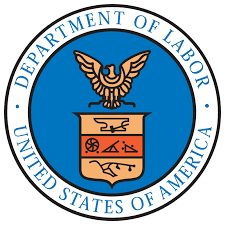What Employers Need to Know About the Families First Coronavirus Response Act
In response to the coronavirus of 2019 (COVID-19), President Trump signed the Families First Coronavirus Response Act, H.R. 6201, into law on March 18, 2020. The Act provides various forms of relief including free COVID-19 testing, expanded food assistance and unemployment benefits, and requires employers to provide additional protections for healthcare workers. Additional bills are pending and likely to be finalized and provide additional relief.
Significantly, the Act also requires employers with fewer than 500 employees to provide paid sick leave and expanded family leave for employees. Employers with 500 or more employees are not subject to these requirements.
The key employment-related provisions of the bill are summarized below. These provisions will become effective within 15 days (April 2, 2020) – employers must act promptly to ensure that their policies comply with these new requirements.
Emergency Paid Sick Leave
Under the Act, employers with fewer than 500 employees will be required to provide paid sick leave to any employee who is:
- subject to a coronavirus quarantine or isolation order or who has been advised by a health care provider to self-quarantine due to coronavirus concerns;
- experiencing symptoms of coronavirus and is seeking a medical diagnosis;
- providing care for a family member who is self-isolating due to a diagnosis of coronavirus, experiencing symptoms of coronavirus and needs to obtain medical diagnosis or care, or quarantining due to exposure or exhibition of symptoms; or
- caring for a child whose school or place of care is closed, or the child care provider of the child is unavailable, due to coronavirus.
Full-time and part-time employees are eligible for paid leave under the Act. Full-time employees are to receive 80 hours of sick leave, and part-time workers are entitled to leave equal to the number of hours they work, on average, over a 2-week period.
The amount of pay employers are required to provide under the Act depends on the reason for an employee’s leave. Employees taking leave for themselves must be paid at their regular rate up to a cap of $511 per day and a total $5,110. Employees taking leave to care for a family member must be paid at two-thirds of their regular rate, with a cap of $200 per day and a total of $2,000.
Notably, the sick leave required under the Act must be provided in addition to any paid leave already provided by employers. Employers cannot require a worker to use any other available paid leave before using the sick leave required under the Act.
Finally, employers will be required to post a new notice containing information regarding the emergency sick leave provisions of the Act. The U.S. Department of Labor will create a model notice within the next week.
Emergency Family and Medical Leave Expansion
In addition to the new paid sick leave obligations, the Act amends the Family and Medical Leave Act (FMLA) and requires that employers with fewer than 500 workers must provide up to 12 weeks of family and medical (FML) leave for employees unable to work or telework because they have to care for a child if the child’s school or place of care has been closed, or if the child care provider of that child is unavailable due to a coronavirus emergency. To be eligible for FML leave under the Act, employees must have been employed for at least 30 days.
Under this provision, the first 10 days of leave may be unpaid, although a worker may choose to use accrued vacation days or other available medical, sick or PTO leave for those days. After the initial 10 days, workers on FMLA leave must be paid at two-thirds of their regular rate. The paid leave under this provision is capped at $200 per day and $10,000 in total.
In most cases, as required by the existing FMLA leave requirements, the new expanded FML leave under the Act is job-protected and an employer must return the employee to the same or equivalent position upon their return to work. The Act, however, provides an exception for employers with less than 25 employees if (1) the employee’s job no longer exists due to economic conditions or other changes in the employer’s operating conditions caused by the coronavirus pandemic, and (2) the employer makes reasonable efforts to restore the employee to an equivalent position.
Potential Exemptions
Importantly, under the Act, the Secretary of Labor is authorized to issue regulations exempting: (1) certain health care providers and emergency responders from paid leave benefits, and (2) small businesses with fewer than 50 employees from the newly added paid leave requirements “when the imposition of such requirements would jeopardize the viability of the business as a growing concern.”
Employer Tax Credits
The Act provides for a series of refundable tax credits for employers providing paid emergency sick leave or paid FMLA. Specifically, employers will be entitled to a refundable tax credit equal to 100 percent of qualified sick or family leave wages required by the Act. These tax credits will be allowed against the employer portion of Social Security taxes; however, if the credit exceeds the employer’s total Social Security taxes for all employees for any calendar quarter, the excess credit will be refundable to the employer.
Next Steps for Employers
Promptly review the Act, which is available here
. Employers need to assess which provisions are applicable to them and determine how to comply. There will be new regulations and additional legislation in the near future, so it is essential to stay on top of these developments. We are closely monitoring these matters and will provide updates.
Please contact either John Clifford at FortneyScott (jclifford@fortneyscott.com) or your FortneyScott attorney on how these changes affect your company’s compliance obligations.


















